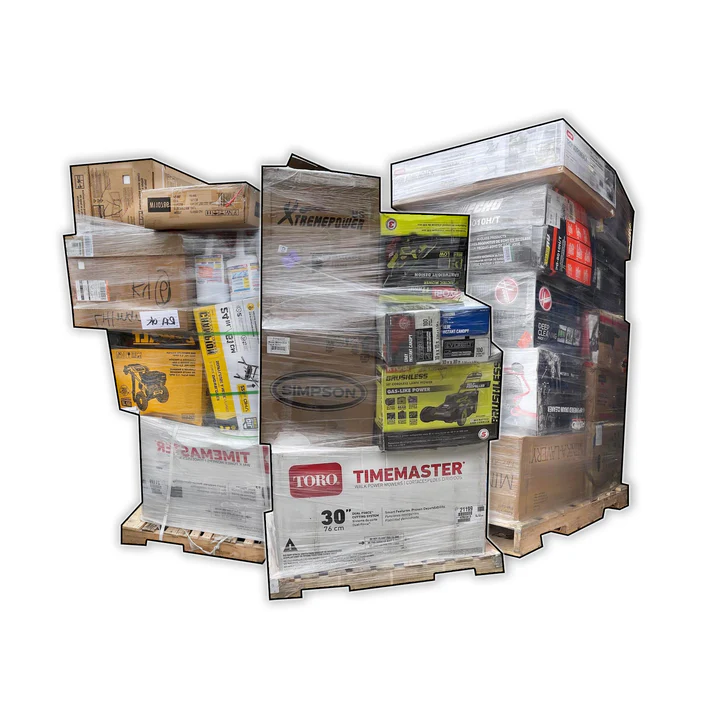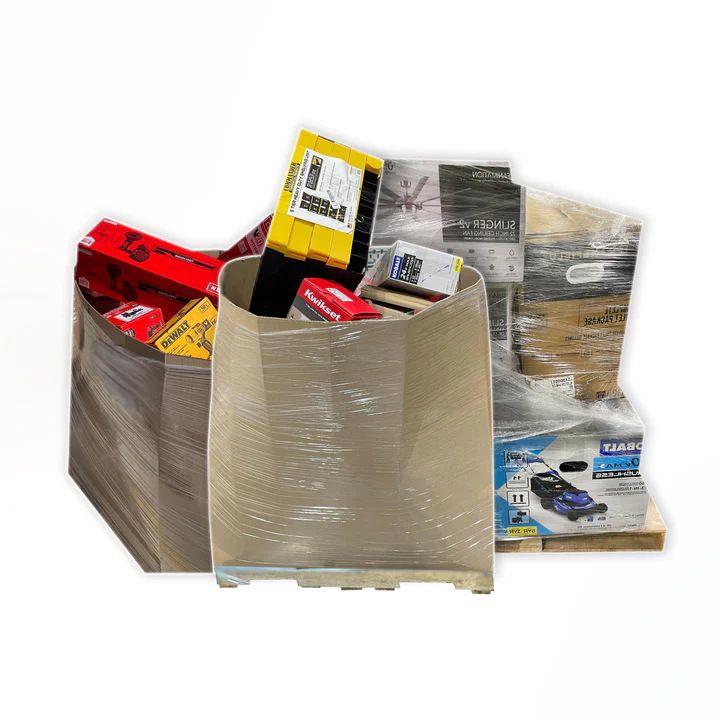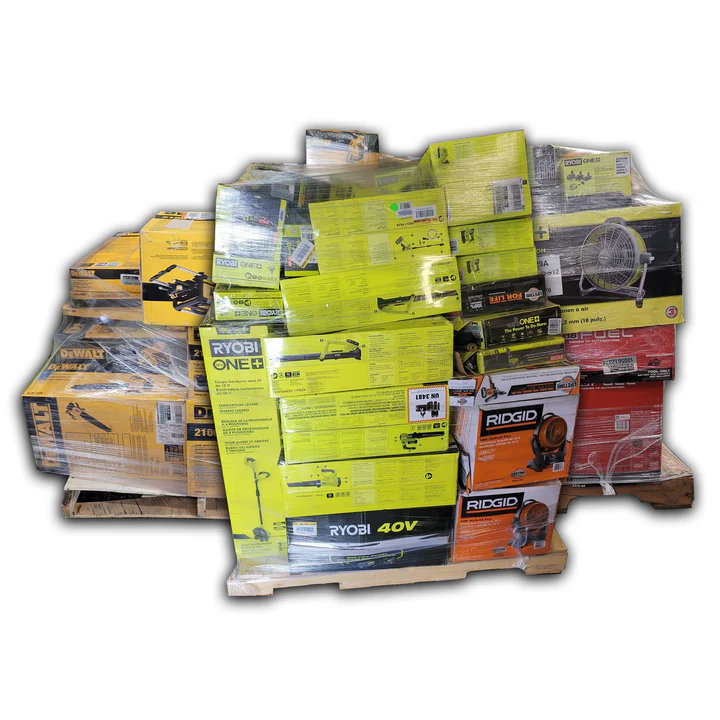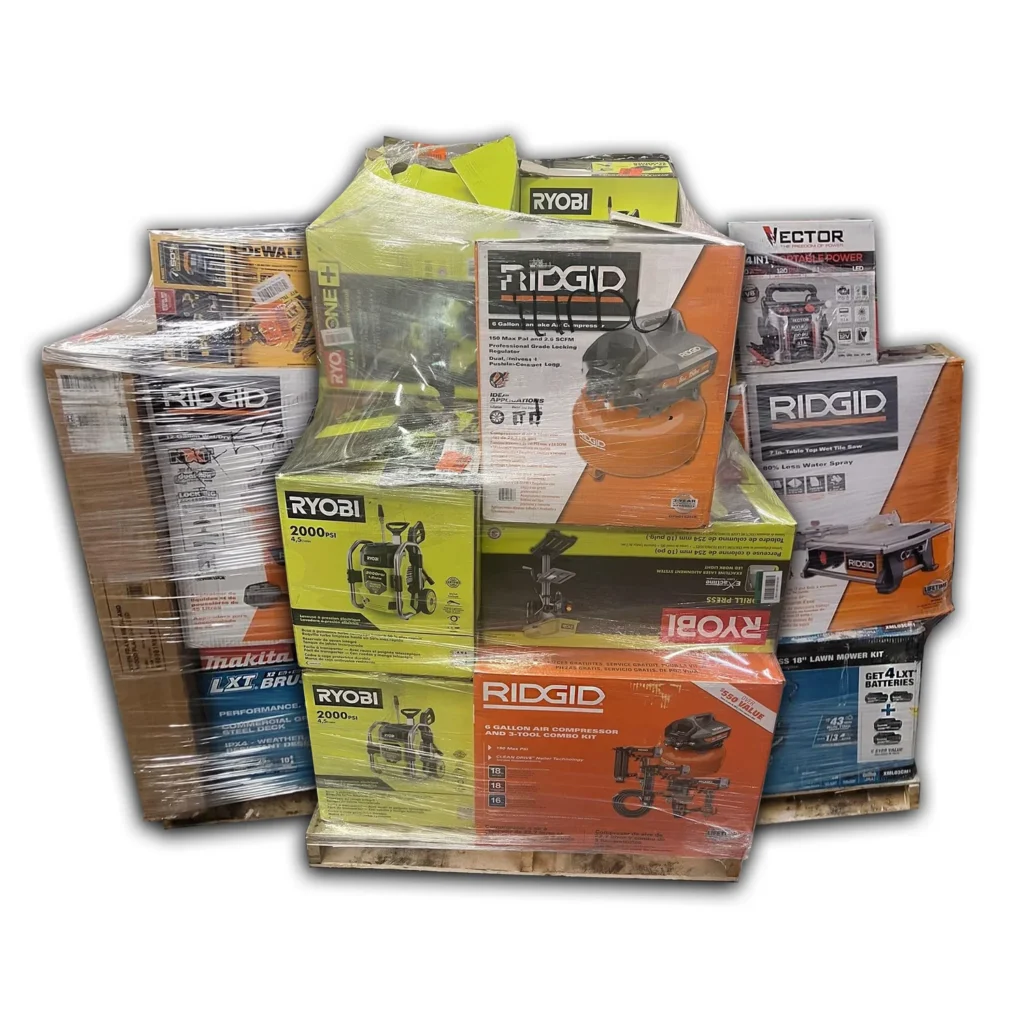Introduction to Appliance Truckloads
Appliance truckloads offer an exceptional opportunity for retailers and resellers to acquire a wide range of high-demand appliances at significantly reduced prices. These truckloads typically consist of overstock, returns, and shelf-pull items from major retailers and manufacturers, making them an ideal choice for businesses looking to expand their product offerings without breaking the bank.
Benefits of Appliance Truckloads
1. Significant Cost Savings
Purchasing appliance truckloads allows businesses to obtain large quantities of merchandise at a fraction of the retail price. This cost-effective approach enables higher profit margins and more competitive pricing for customers.
2. Diverse Product Range
Truckloads often include a variety of appliances, such as refrigerators, ovens, microwaves, washers, dryers, and small kitchen gadgets. This diversity helps retailers cater to a broad audience with varying needs and preferences.
3. High-Quality Merchandise
Many items in appliance truckloads are brand new or slightly used, including overstock and customer returns in excellent condition. This ensures that resellers can offer high-quality products to their customers.
4. Sustainable Business Practices
Engaging in appliance truckloads supports sustainability by reducing waste. By reselling overstock and returned items, businesses contribute to a more eco-friendly approach, preventing appliances from ending up in landfills.
How to Get Started with Appliance Truckloads
1. Research Reliable Suppliers
Start by identifying reputable suppliers who specialize in appliance truckloads. Look for those with positive reviews, transparent business practices, and a solid reputation. Well-known suppliers include Select Liquidation, Direct Liquidation, and B-Stock.
2. Understand the Terms and Conditions
Before purchasing, carefully review the terms and conditions of the truckload program. Pay attention to details such as the condition of the appliances, return policies, and shipping arrangements.
3. Inspect the Merchandise
Whenever possible, inspect the appliances before making a purchase. Some suppliers allow buyers to visit their warehouse and examine the products. This step helps ensure the quality and condition of the items.
4. Plan Your Budget
Establish a budget for purchasing appliance truckloads. Account for additional costs such as shipping, storage, and potential refurbishment. A clear budget helps maintain profitability and avoid overspending.
5. Develop a Sales Strategy
Create a comprehensive sales strategy to maximize profits. Decide whether to sell the appliances online, in a physical store, or through other channels like flea markets and auctions. Utilizing multiple sales channels can help reach a broader audience.
Tips for Success in Appliance Truckloads
1. Monitor Market Trends
Stay informed about market trends to understand which appliances are in demand. This knowledge will help you make informed decisions when selecting truckloads, ensuring you stock items that customers are eager to buy.
2. Build Strong Supplier Relationships
Establish good relationships with your suppliers. Reliable suppliers can provide early access to high-quality truckloads and offer better deals over time.
3. Invest in Marketing
Promote your inventory using effective marketing strategies. Leverage social media, email marketing, and online advertising to reach potential customers and drive sales.
4. Focus on Customer Service
Deliver excellent customer service to build a loyal customer base. Respond promptly to inquiries, handle returns efficiently, and strive to exceed customer expectations.
Conclusion
Appliance truckloads present a valuable opportunity for businesses to acquire high-quality, diverse appliances at competitive prices. By understanding the benefits, following best practices, and implementing effective sales strategies, businesses can thrive in the liquidation market and achieve significant profitability. Start exploring appliance truckload programs today and unlock new opportunities for growth and success.











